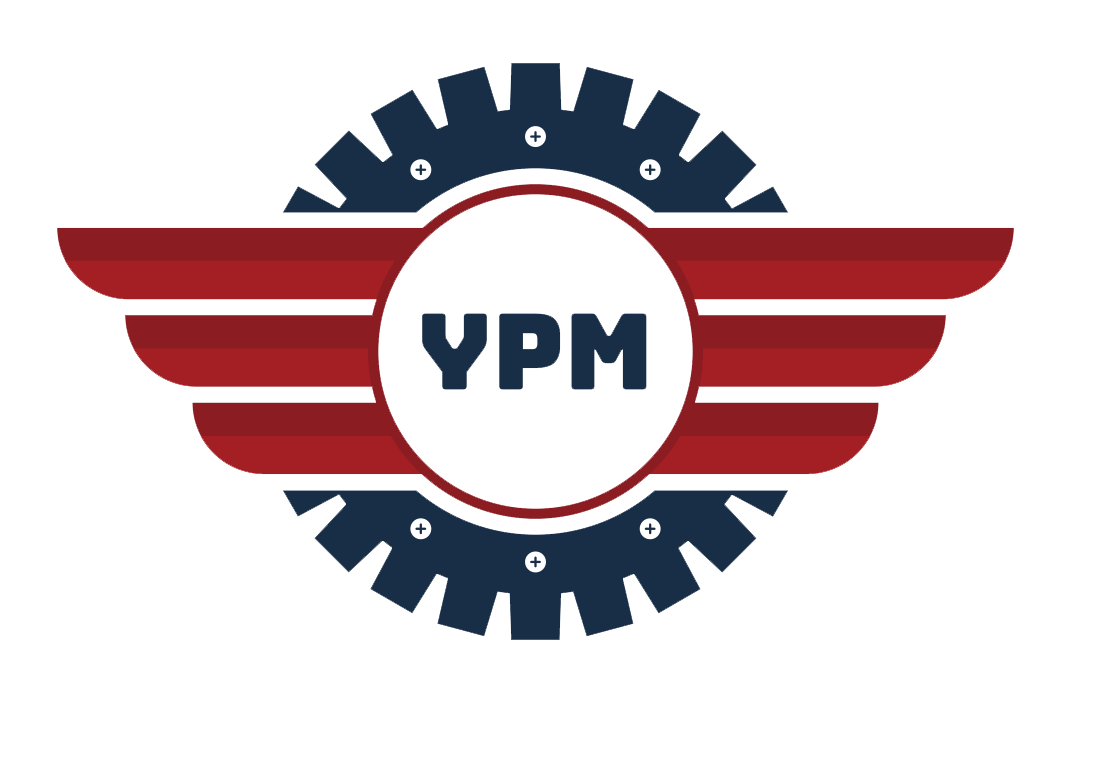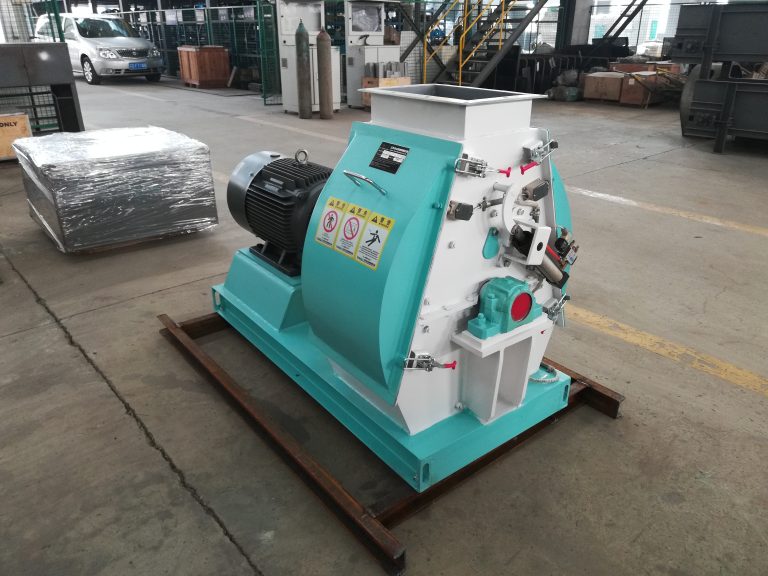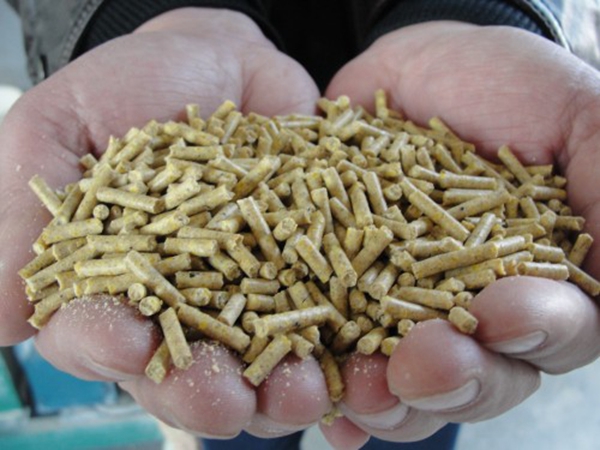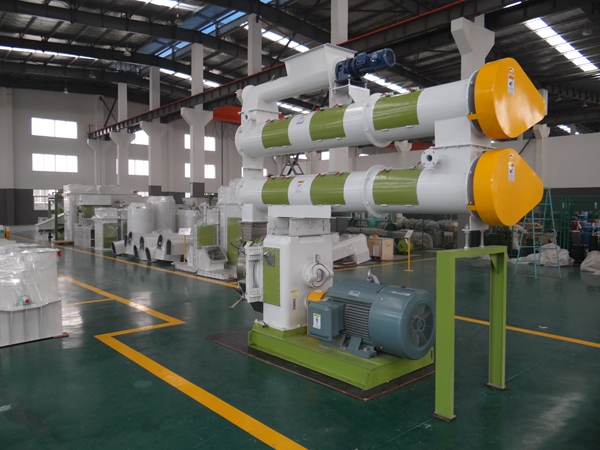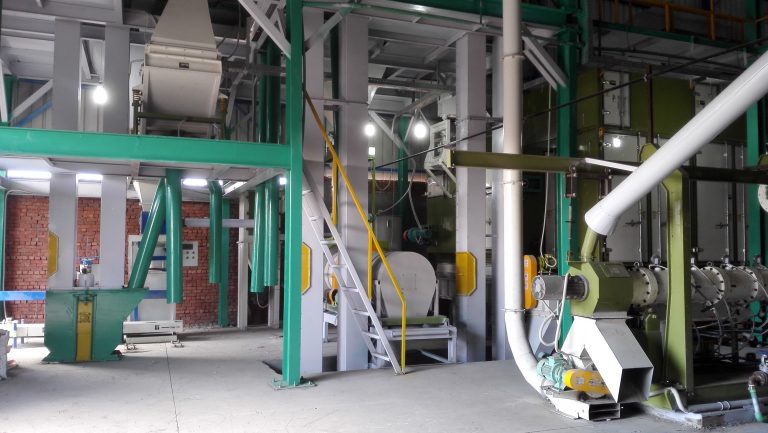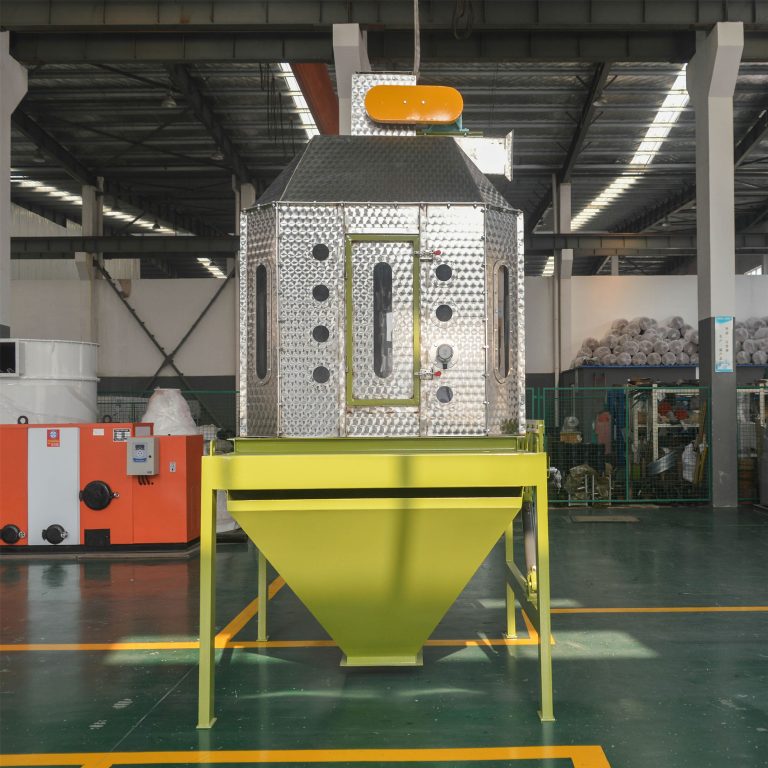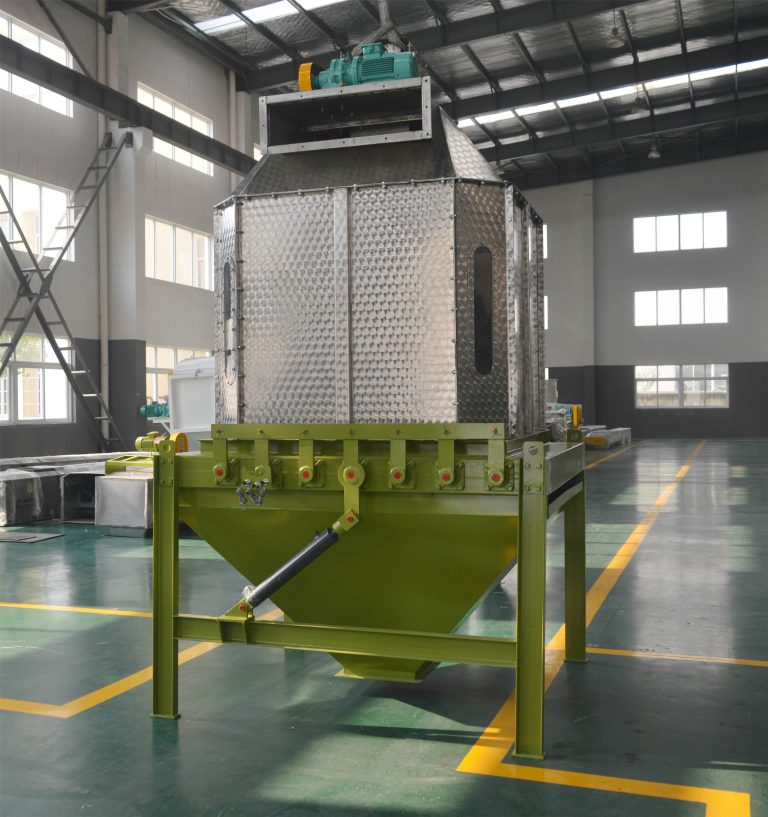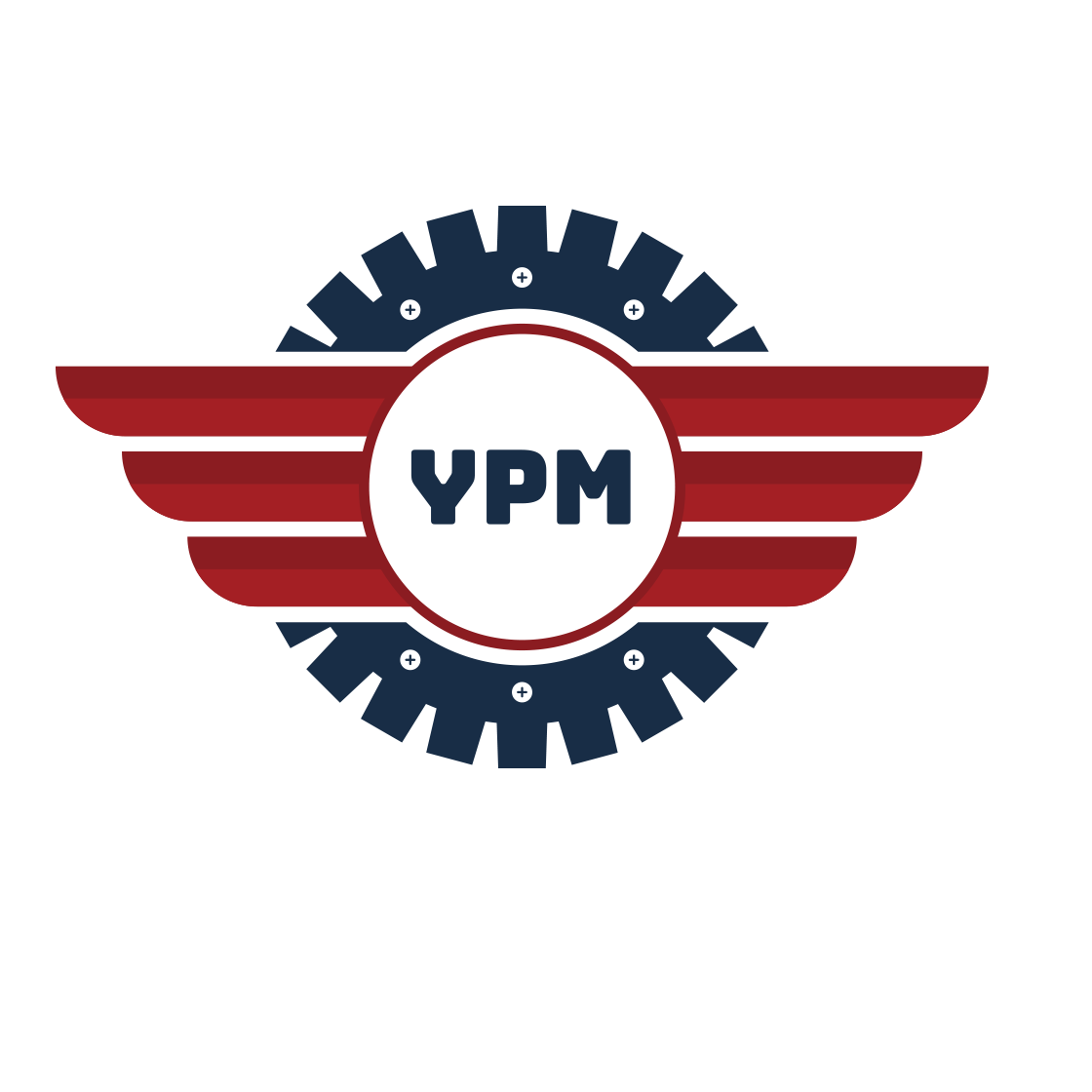When it comes to animal feed production, one of the most important pieces of equipment is the feed mill grinder. This machine is responsible for grinding and processing the raw materials that go into making animal feed. Choosing the right feed mill grinder is crucial for ensuring the quality and consistency of the feed, as well as the overall efficiency of the production process.
One of the key factors to consider when selecting a feed mill grinder is the type of feed you will be producing. Different animals have different nutritional needs, and their feed requirements can vary greatly. For example, poultry feed may require a finer grind than cattle feed. Therefore, it is important to choose a grinder that is specifically designed for the type of feed you will be producing.
Another important consideration is the capacity of the grinder. The size of your operation and the amount of feed you will be producing will determine the capacity you need. It is important to choose a grinder that can handle the volume of feed you require, as an undersized grinder can lead to inefficiencies and delays in production. The power source of the grinder is also an important factor to consider. Feed mill grinders can be powered by electricity, diesel, or even tractor PTO. The choice of power source will depend on the availability and cost of the energy source in your area. It is important to choose a grinder that is compatible with the power source you have access to.
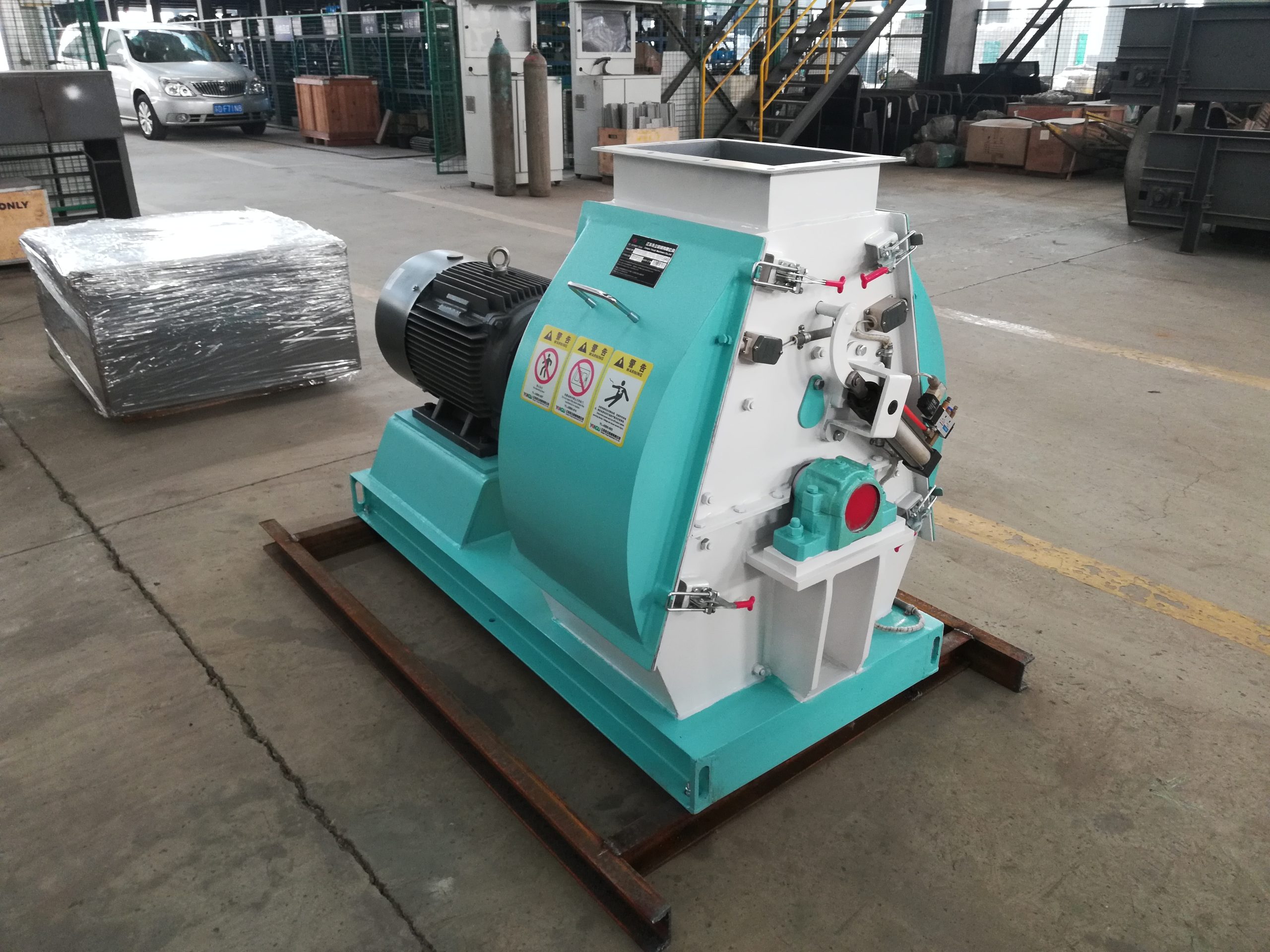
Durability and maintenance requirements are also important factors to consider when choosing a feed mill grinder. The grinder will be subjected to heavy use and will need to withstand the wear and tear of daily operation. It is important to choose a grinder that is made from high-quality materials and is built to last. Additionally, regular maintenance and servicing will be required to keep the grinder in optimal condition. Therefore, it is important to choose a grinder that is easy to maintain and has readily available spare parts.
The overall cost of the grinder is another important consideration. While it may be tempting to choose the cheapest option available, it is important to consider the long-term costs and benefits. A high-quality grinder may have a higher upfront cost but can save you money in the long run by reducing maintenance and downtime. It is important to weigh the initial cost against the potential savings and benefits of a more expensive grinder. In conclusion, choosing the right feed mill grinder is crucial for the success of your animal feed production. Factors such as the type of feed, capacity, power source, durability, maintenance requirements, and cost should all be taken into consideration when making your decision. By selecting a grinder that meets your specific needs and requirements, you can ensure the quality and consistency of your feed, as well as the overall efficiency of your production process.
